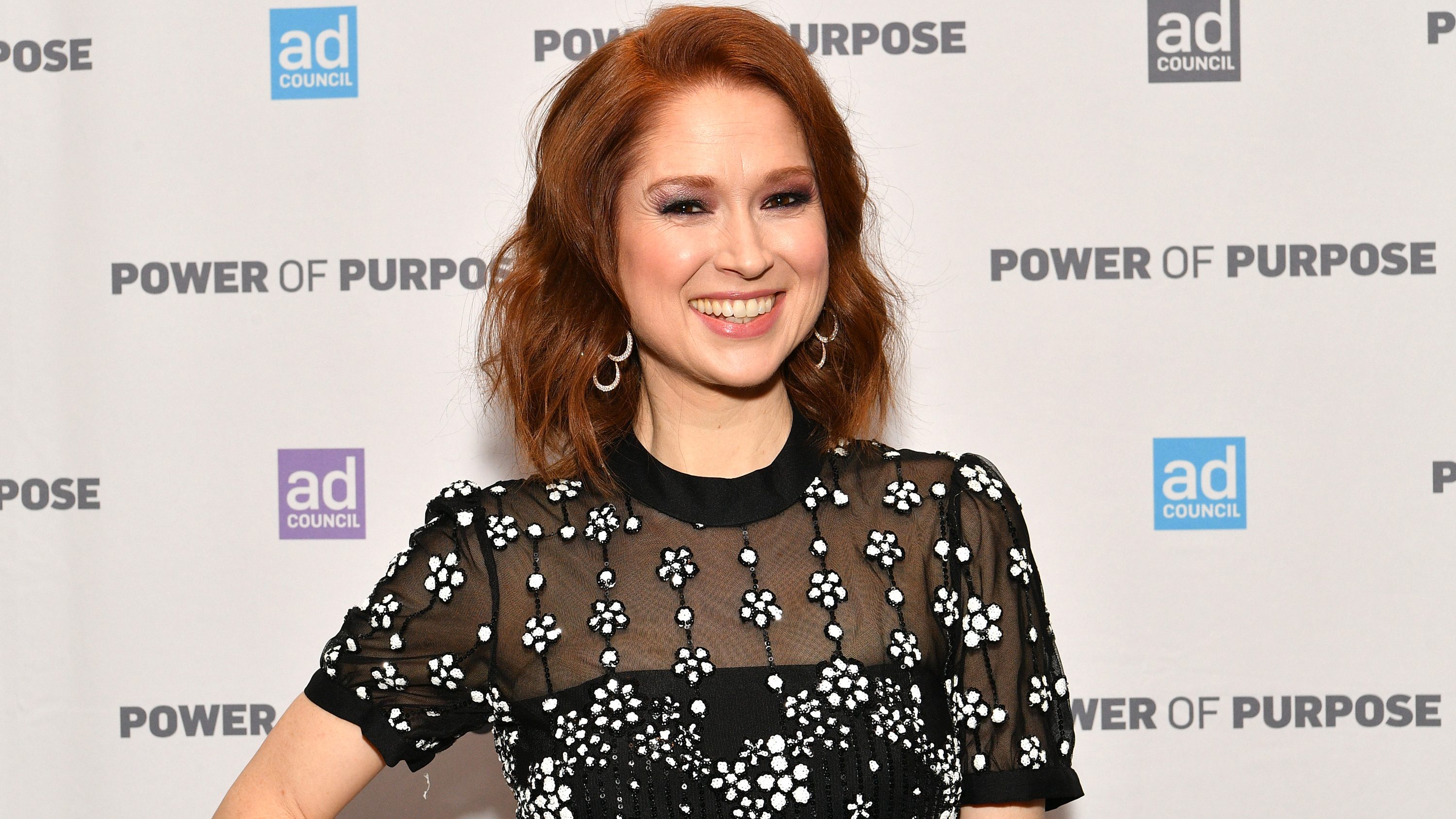A “group of deaths” at the beginning, disappointments in recent years – and yet the way to the European Championship triumph will probably also lead to the European Championship starting on Friday through Germany’s national soccer team. The farewell tour by Joachim Löw is supposed to bring the DFB selection back to light after a completely botched World Cup 2018, for which a return campaign of the veterans Thomas Müller and Mats Hummels has been started. The 7: 1 against Latvia in the final test gave a lot of self-confidence.
But Group F has it all. Next Tuesday, the opening game against world champions France will take place, four days later there will be a duel with defending champions Portugal and Cristiano Ronaldo. The mission of the first German European title since 1996 could almost be over before the conclusion against the blatant outsider Hungary is waiting. After all, you have home advantage in all three games and can play in front of around 14,000 spectators in Munich.
The quality of the squad actually speaks for itself. Four Bavarians (Müller, Serge Gnabry, Joshua Kimmich, Manuel Neuer), two Champions League winners from Chelsea (Antonio Rüdiger, Kai Havertz), one from CL finalist Manchester City (Ilkay Gündogan) and one from CL semi-finalist Real Madrid (Toni Kroos) were on the starting line-up against Latvia. Löw’s 26-man squad is relatively young with an average of 27.6 years, eleven kickers – Robin Gosens, Christian Günter, Marcel Halstenberg, Lukas Klostermann, Robin Koch, Gnabry, Havertz, Jonas Hofmann, Jamal Musiala, Florian Neuhaus, Kevin Volland – are nominated for a major tournament for the first time.
The 7: 1 over the overwhelmed Latvians on Monday probably already gave information about the team that will go into the tournament. There could also be found the 21-year-old Havertz, who recommended himself as the third man on the offensive next to Müller and Gnabry. With Timo Werner, who got a mutinjection with one goal after a personally disappointing season at Chelsea against Latvia, and Leroy Sane could be other top men from the bench.
In the midfield, Löw faces a key question. As a test, he moved his actually best six, Kimmich, against the Latvians once more to the right and occupied the center with the defensively not so aggressive duo Kroos and Gündogan. Löw wants to use the days after moving into the EM quarters in Herzogenaurach for fine-tuning. With the 18-year-old Musiala von Bayern there is also a future star in the line-up who could become the youngest DFB player ever to be used in a major tournament.
It seems clear that the defense will continue to rely on the three-man chain, which Löw has mostly preferred in recent times. Hummels is the central point there. The 32-year-old, who, like Müller, was no longer in demand after the 2018 World Cup, is supposed to give stability to the repeatedly vulnerable defensive. Matthias Ginter von Mönchengladbach and Rüdiger should sit next to him. In the goal you don’t have to worry anyway, given the long-running newcomer.
Last but not least, eyes will be on Löw. Thanks to the 2006 summer fairy tale and the 2014 World Cup, the former Austria and FC Tirol coach was the undisputed coach of the DFB team for many years. The upheaval after the World Cup disgrace in Russia in 2018, when they “flew” after the group phase, turned out to be so bumpy that Löw will resign from his post after the European Championship a year before the actual end of the contract. Will the 61-year-old succeed in another coup at the end of his 15-year career or will the stigma stick to him that he missed the right moment to resign?
–


